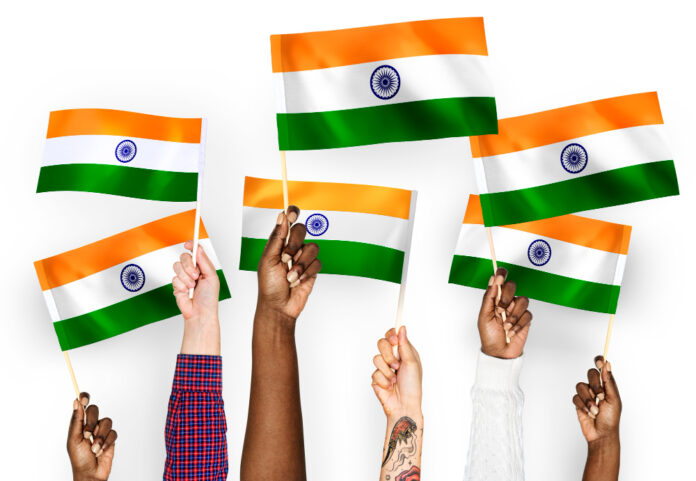Srinagar constituency sees a surge in Kashmiri migrant voter registration, with more than 52,000 eligible to vote as 24 candidates vie for victory
In a significant electoral moment for Jammu and Kashmir, over 52,100 Kashmiri migrant voters across the nation are set to participate in the Lok Sabha election’s fourth phase, taking place on May 13. The contest in Srinagar has stirred considerable interest as 17.4 lakh voters, including 8.7 lakh women, will determine the fate of 24 candidates in a constituency gearing up for a heated showdown.
Assistant Returning Officer for migrants, Riaz Ahmed, confirmed that 52,100 Kashmiri migrants are eligible to vote specifically for Srinagar, including 25,760 men and 26,340 women. In total, the Valley’s three parliamentary constituencies—Srinagar, Baramulla, and Anantnag—have registered over 1.13 lakh Kashmiri migrants as eligible voters.
Embed from Getty ImagesTo accommodate these voters, 26 polling stations have been established. Of these, 21 are in Jammu, four in Delhi, and one in Udhampur. “Due to the increase in voters, additional auxiliary polling stations have been set up for Srinagar,” said Ahmed. The number of polling stations for the constituency has been increased to 23. The Election Commission has also organized transport services from 6 a.m. to 6 p.m. to aid migrants in reaching their polling locations.
Additionally, awareness camps were held in Jammu, Udhampur, and Delhi to maximize voter participation among Kashmiri migrants. Ahmed noted a rise in registered voters compared to previous elections.
Migrants have two methods to cast their votes. First, they can fill out an M-form, notifying officials of their participation and then vote at special polling stations. The second method involves filling out Form-12C for postal ballots.
Prominent candidates in this high-stakes contest include National Conference’s Aga Syed Ruhullah Mehdi and Waheed-ur-Rehman Parra from the Peoples Democratic Party. They face competition from Muhammad Ashraf Mir of the Jammu & Kashmir Apni Party, Democratic Progressive Azad Party’s Amir Bhat, Hakikat Singh from the Jammu & Kashmir National Panthers Party, Loktantrik Party’s Rubina Akhter, and 18 independent candidates.
Analysis:
The significant participation of over 52,000 Kashmiri migrant voters in the Srinagar Lok Sabha election illustrates the importance of ensuring representation among displaced communities. This electoral surge has implications across political, sociological, economic, and cultural perspectives.
Political Perspective:
Politically, this election reflects the importance of Kashmiri migrants as a voting bloc. The various political parties, especially the National Conference and Peoples Democratic Party, recognize their sway in determining outcomes. Their specific concerns and historical displacement provide opportunities for parties to tailor their platforms to address their needs and secure their votes.
Sociological Perspective:
Sociologically, the high registration numbers among Kashmiri migrants symbolize their desire to retain a connection with their homeland through the electoral process. Their active participation challenges the notion of disenfranchisement among displaced populations. The Election Commission’s outreach efforts, including special polling stations and transport services, bolster this engagement.
Economic Perspective:
Economically, this election can affect policies that may impact Kashmiri migrant welfare, particularly concerning their access to benefits and integration opportunities. Political parties have the chance to offer solutions for improving migrant livelihoods and contributing to regional economic stability.
Cultural Perspective:
Culturally, the diversity among candidates and their respective agendas reflects the evolving political landscape of Jammu and Kashmir. The inclusion of independent candidates alongside major party representatives adds a dynamic element, demonstrating different visions for the region’s future.
Gender Perspective:
With more than 26,000 women registered to vote among the Kashmiri migrant electorate, this election reinforces the growing participation of women in politics. Such engagement reflects their increasing awareness and involvement in decisions shaping their community’s future.
